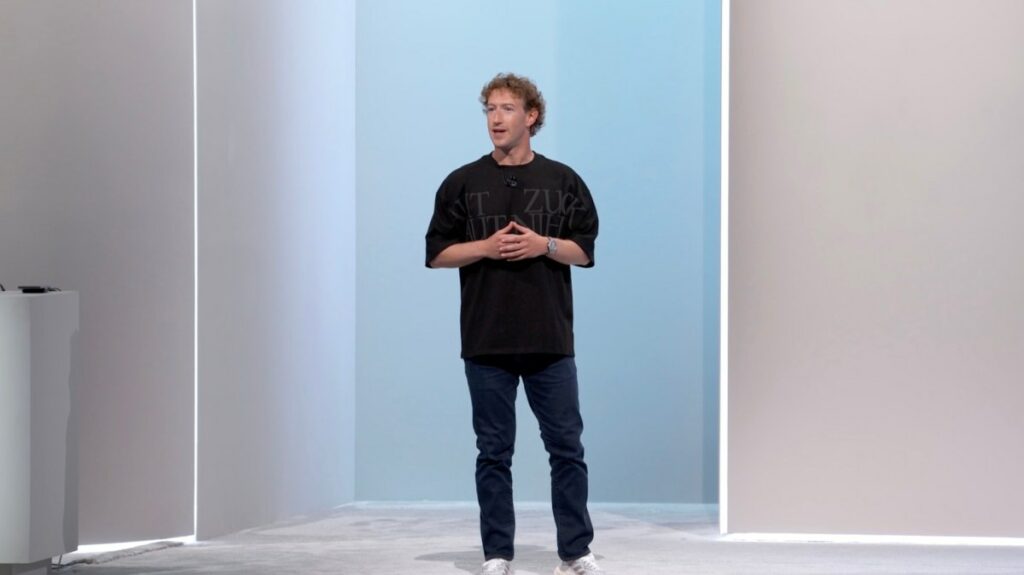Meta on Tuesday announced that it’ll host its first-ever dev conference dedicated to generative AI.
Called LlamaCon after Meta’s Llama family of generative AI models, the conference is scheduled to take place on April 29. Meta said that it plans to share “the latest on [its] open source AI developments to help developers […] build amazing apps and products.”
Additional details will be made available soon, said Meta. The company’s annual developer conference, Meta Connect, will be held later in the year, in September — its typical window.
Meta several years ago embraced an “open” approach to developing AI technologies in a bid to foster an ecosystem of apps and platforms. It hasn’t been disclosed how many apps or services have been built on top of it, but it’s previously noted that Goldman Sachs, Nomura Holdings, AT&T, DoorDash, and Accenture use Llama. The company claims to have hundreds of millions of downloads of the model, and at least 25 partners hosting Llama, including Nvidia, Databricks, Groq, Dell and Snowflake, some of which have built additional tools that, for example, let the models reference proprietary data and enable them to run at lower latencies.
But Meta was reportedly caught flat-footed by the rise of Chinese AI company DeepSeek, which managed to release “open” AI to rival Meta’s own.
Reportedly, Meta believes that one of DeepSeek’s newer models could outperform the next version of Llama, which is set to be released in the coming weeks. Meta is said to have scrambled to set up war rooms to decipher how DeepSeek lowered the cost of running and deploying models, so that it could apply those learnings to Llama’s own development.
Meta recently said that it would spend as much as $80 billion on projects related to AI this year, including AI hires and the construction of new AI data centers.
Meta CEO Mark Zuckerberg previously announced that the company plans to launch several Llama models over the next few months, including “reasoning” models along the lines of OpenAI’s o3-mini and models with natively multimodal capabilities. He has also hinted at “agentic” capabilities, suggesting that future Llama models will be able to take certain actions autonomously.
“I think this very well could be the year when Llama and open source become the most advanced and widely used AI models,” Zuckerberg said during Meta’s Q4 2024 earnings call in January. “[O]ur goal for [Llama this year] is to lead.”
Meta is also in the midst of a lawsuit that accuses the company of training its models on copyrighted book materials without permission. In another challenge to Meta’s Llama ambitions, several EU countries have forced the company to postpone — and in some cases cancel altogether — its model launch plans over data privacy concerns.


